CBD can aid in sleep disorders by interacting with your body’s internal clock. Some cannabis strains contain myrcene, a terpene known for its sedative properties, which may contribute to sleep-promoting effects. CBD has also been known to help with anxiety, which may be a cause one to not be able to sleep.
Research suggests CBD can improve sleep. In a 2019 study published in The Permanente Journal, 67% of participants reported better sleep within a month of CBD use. Many other studies also highlight CBD’s effectiveness in enhancing sleep quality and duration.
In clinical settings, CBD has shown promise for specific sleep disorders:
These studies indicate that CBD can address symptoms and potentially target underlying causes of sleep disturbances.
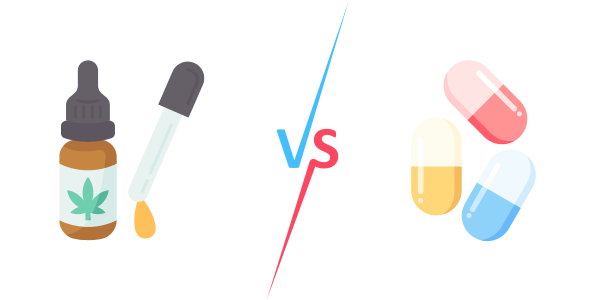
Traditional sleep medications often lead to side effects like dependency, dizziness, and morning grogginess. CBD, a natural alternative, is non-habit forming and works with the body’s systems rather than overpowering them.
While generally well-tolerated, CBD may cause mild side effects like dry mouth, changes in appetite, or fatigue. These effects are usually temporary and diminish with regular use.
Finding the right dosage is key to experiencing CBD’s benefits.
Making CBD a part of your nightly routine can enhance its effectiveness.
Anxiety and sleep are closely linked. By interacting with serotonin receptors, CBD may regulate mood, promote calm, and ease mental burdens that disrupt sleep, creating a path toward better rest.

Therapeutic Uses of CBD Managing Chronic Pain with CBD Struggling with chronic pain? CBD might help. Studies suggest it can reduce inflammation and alleviate discomfort,...
Read More
Cannabis has been used for millennia to treat numerous health conditions. Current research offers promising results on the effects of CBD oil on breast cancer.
Read More
CBD-infused salad dressing: Imagine a fresh, crisp salad enhanced with a light, herbaceous vinaigrette containing your daily dose of CBD. To create this, you’ll need...
Read More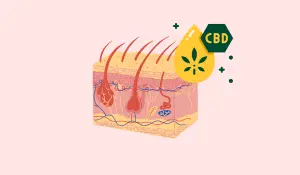
1. What Is CBD and Why Is It a Game-Changer for Skin Health? CBD (cannabidiol) is a natural compound extracted from the hemp plant. Unlike...
Read More
The Legal Landscape of CBD The 2018 Farm Bill and Its Impact The signing of the Agriculture Improvement Act of 2018, commonly known as the...
Read More
Breakthrough #1: CBD’s Role in Chronic Pain Relief Chronic pain robs people of precious moments. A 2021 study in the Journal of Pain Research highlights...
Read More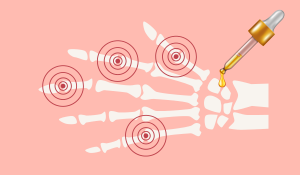
Understanding Arthritis Pain Arthritis is a chronic condition that affects daily activities, from opening jars to taking walks. Here’s a look at the two most...
Read More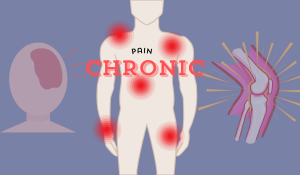
Types of Pain CBD May Alleviate CBD shows promise in managing various types of pain: CBD vs. Traditional Painkillers Traditional painkillers like opioids can be...
Read More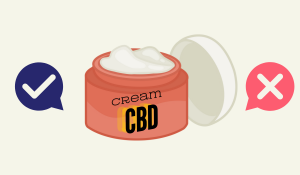
CBD Cream Side Effects – Focusing on Topical Applications How CBD Creams are Made Ever wondered how CBD creams come to life? It’s a fascinating...
Read More
Concerns About Potential Side Effects on Liver and Kidneys Despite its growing acceptance, concerns about CBD’s effects on vital organs like the liver and kidneys...
Read More